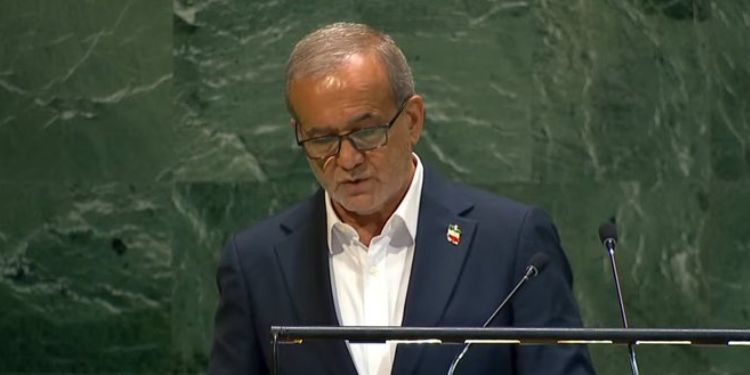The United Nations (UN) is poised to reinstate sweeping economic and military sanctions on Iran after European powers accused Tehran of violating the 2015 nuclear accord.
The United Kingdom, France, and Germany formally notified the UN Security Council that Iran had failed to meet its commitments under the Joint Comprehensive Plan of Action (JCPOA).
Their complaint triggered the snapback mechanism under Chapter VII of the United Nations Charter, which automatically reinstates pre-2015 sanctions unless all parties resolve the issue within 30 days.
A proposal led by China and Russia to delay the move for six months garnered only four votes in the 15-member council, clearing the way for the full sanctions to take effect at 00:00 GMT on Sunday.
UN Global Enforcement and Rising Tensions
The reimposed measures will be legally binding on all 193 United Nations member states, requiring governments to adopt national legislation and inspections to ensure compliance.
They will layer on top of existing U.S. and European Union sanctions, significantly tightening economic pressure on Tehran.
Iran has accelerated its nuclear activities since the United States withdrew from the JCPOA in 2018, enriching uranium beyond agreed limits and barring some international inspections.
Also Read: UN Security Council Votes on Iran Nuclear Sanctions
Recent indirect talks between Washington and Tehran have stalled, while regional tensions intensified following attacks on Iranian nuclear sites earlier this year.
Key Elements of the Reimposed Sanctions and What They Mean
- Nuclear limits: Total ban on uranium enrichment, reprocessing, and heavy-water reactor activities, plus strict caps on uranium stockpiles and centrifuge installations.
- Missile controls: Prohibition of any activity related to nuclear-capable ballistic missiles and associated technology transfers.
- Arms embargo: Comprehensive halt to the import or export of conventional weapons and related materials.
- Asset freezes and travel bans: Global financial freezes and travel restrictions targeting dozens of individuals, including senior Revolutionary Guard officials and nuclear scientists, as well as entities such as the Atomic Energy Organisation of Iran.
- Sectoral restrictions: Tight curbs on oil exports, shipping, banking, and dual-use goods that could aid weapons programmes.
Also Read: Trump Administration Imposes Sanctions on 2 Sudan Actors, Blames Iran for Interference
These provisions collectively represent the most extensive United Nations penalties imposed on Tehran in a decade.
Tehran Rejects the Move
Iranian President Masoud Pezeshkian condemned the decision as “unfair, unjust, and illegal,” maintaining that his country does not seek to build a nuclear weapon and will remain a party to the Nuclear Non-Proliferation Treaty.
Pezeshkian accused foreign powers of exploiting the dispute to destabilise the Middle East and demanded assurances that Iranian nuclear facilities would not be attacked.
He also criticised the United States for abandoning earlier negotiations and for supporting strikes on Iranian sites.
Despite Tehran’s objections, the United Nations sanctions will take effect this weekend, adding fresh strain to an already volatile regional landscape and further complicating any prospects for renewed diplomacy.
Follow our WhatsApp Channel and X Account for real-time news updates.
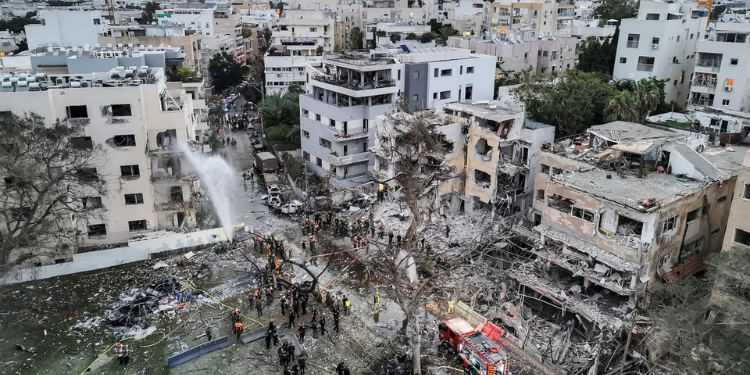



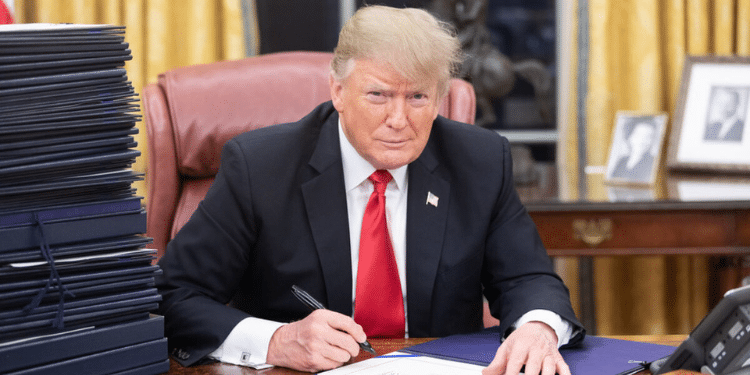















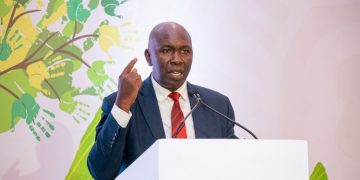


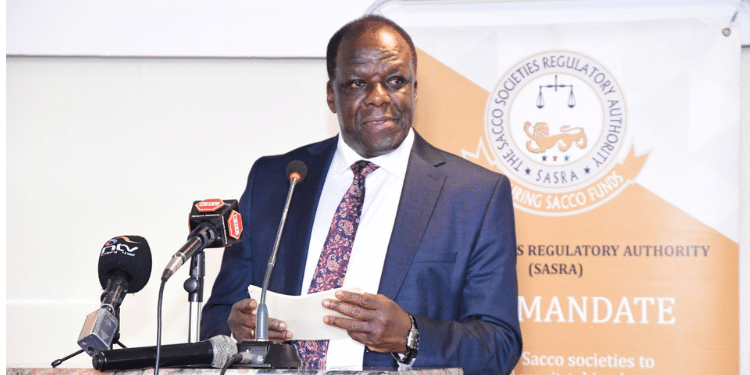































![Senator Allan Chesang And Chanelle Kittony Wed In A Colourful Ceremony [Photos] Trans Nzoia Senator Allan Chesang With Channelle Kittony/Oscar Sudi]( https://thekenyatimescdn-ese7d3e7ghdnbfa9.z01.azurefd.net/prodimages/uploads/2025/11/Trans-Nzoia-Senator-Allan-Chesang-with-Channelle-KittonyOscar-Sudi-360x180.png)
















